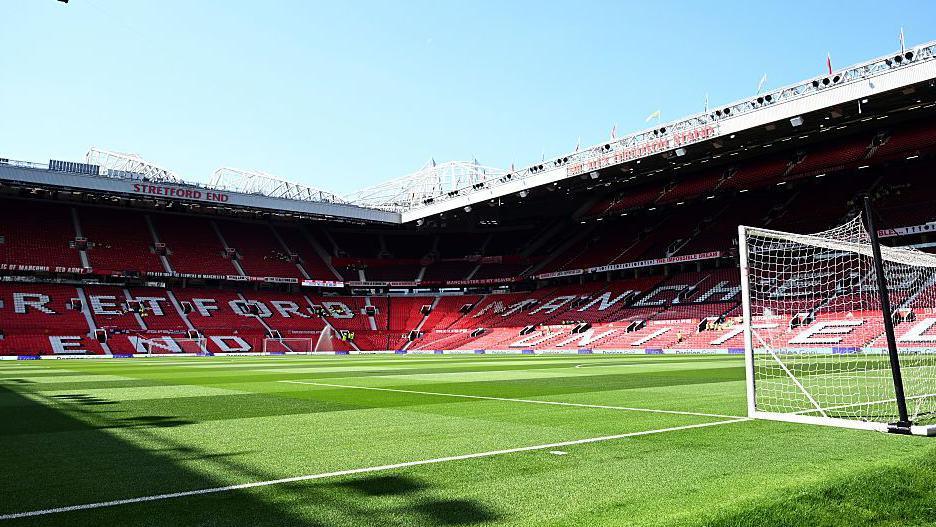Manchester United reports record revenue of £666.5m despite a poor season, finishing 15th in the Premier League. Sponsorships and matchday revenue drove the increase, with the club committed to financial sustainability and long-term improvements.
Manchester United has announced record financial revenues of £666.5 million for the last year, a remarkable feat considering the less-than-stellar performance of their men's team on the pitch. This financial success underscores the club's enduring commercial appeal, even as their on-field fortunes fluctuate.
Last season saw Manchester United finish a disappointing 15th in the Premier League, marking their worst placing since the 1973-74 relegation campaign. This poor performance raised questions about the team's direction and ability to compete at the highest levels. However, the financial results paint a different picture, showcasing the club's robust business model and global brand strength.
A significant contributor to this record revenue is the start of their lucrative five-year front-of-shirt sponsorship deal with Snapdragon. This partnership has enabled them to post record commercial revenue of £333.3 million. Matchday revenue also reached a record high of £160.3 million for the year ending 30 June 2025. These figures demonstrate the club's ability to generate substantial income from various sources, highlighting its diversified revenue streams.
"To have generated record revenues during such a challenging year for the club demonstrates the resilience which is a hallmark of Manchester United," said chief executive Omar Berrada. His statement emphasizes the club's ability to weather storms and maintain its financial stability despite on-field setbacks. Berrada's perspective highlights the importance of long-term planning and investment in the club's infrastructure and commercial operations.
Looking ahead, Omar Berrada added, "As we settle into the 2025-26 season, we are working hard to improve the club in all areas." This commitment to improvement suggests that Manchester United is focused on addressing the issues that have plagued their on-field performance. The club's leadership recognizes the need for strategic changes and investments to restore the team's competitiveness.
While Berrada didn't directly address United's slow start to the current campaign, he emphasized the club's commitment to building "for the long term." This long-term vision suggests that Manchester United is focused on sustainable growth and development rather than short-term fixes. The club's leadership is likely aware of the challenges facing the team and is working to implement strategies that will yield positive results over time.
Despite the high revenue, an overall loss of £33 million was recorded, representing a 70.8% reduction compared to the previous year's £113.2 million loss. This significant reduction indicates that the club is making progress in managing its finances and improving its overall financial health. The reduction in losses is a positive sign for the club's long-term sustainability.
Manchester United has affirmed their commitment to complying with the Premier League's Profit and Sustainability Rules and UEFA's Financial Fair Play Regulations. This commitment to financial responsibility is crucial for the club's long-term stability and success. By adhering to these regulations, Manchester United aims to maintain a level playing field and ensure fair competition.
The financial results underscore the complexities of managing a top-tier football club. While on-field success is crucial, financial stability and commercial success are equally important. Manchester United's ability to generate record revenues despite its on-field struggles is a testament to its enduring brand appeal and effective business operations. The club's leadership is now focused on translating this financial strength into improved on-field performance and sustained success.
 Image source, Getty Images
Image source, Getty ImagesManchester United's men's team are not competing in Europe this season